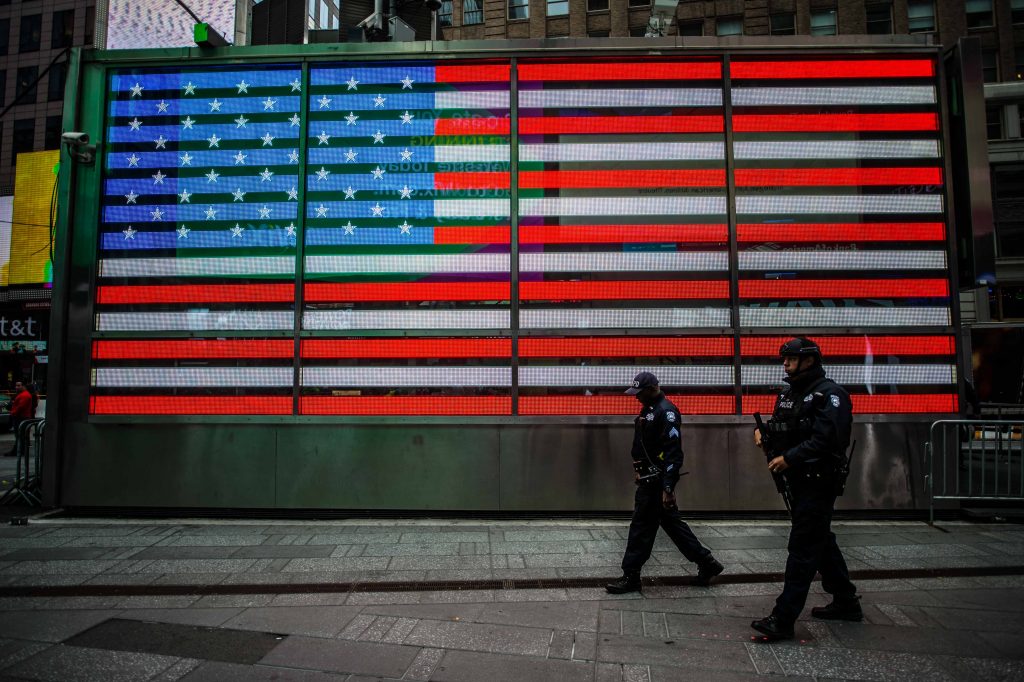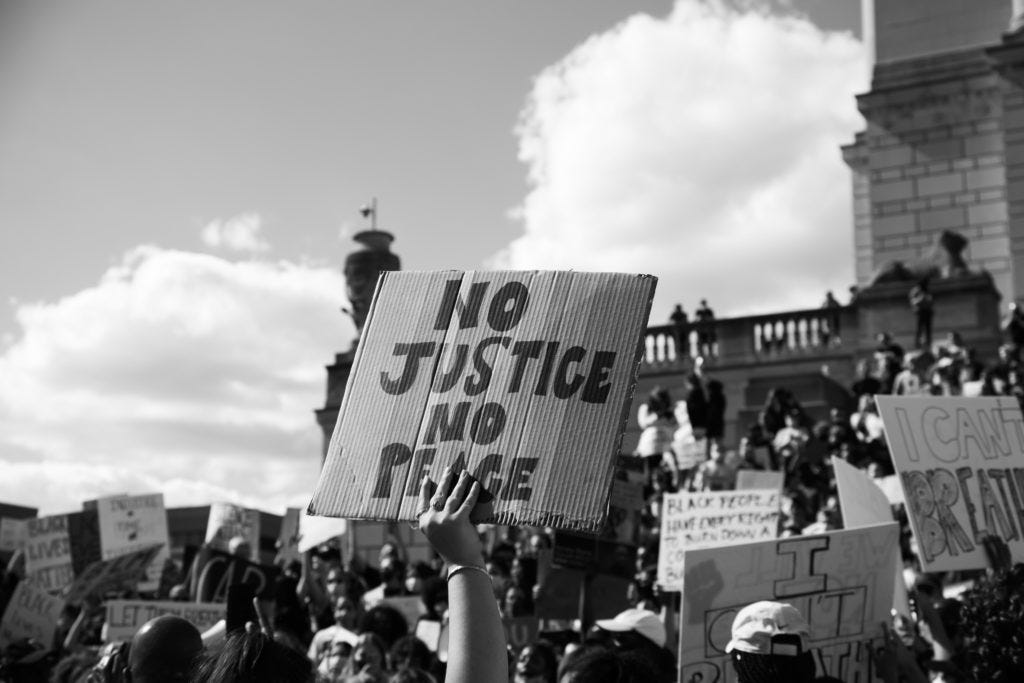‘Defund the police’ is not the whole story

Photo: Roman Koester/ Unsplash
“Defund the police” is a powerful slogan but its implications aren’t black and white. There are many shades of grey underlying the rallying cry of anti-racism protesters in many parts of the United States.
Even the city council of Minneapolis, which voted, on 8 June, to dismantle the city’s police force, doesn’t seem entirely sure of the way forward. The council promised to build a “new model of public safety”, but its president, Lisa Bender, has acknowledged Minneapolis will still have a police department in the short term.
On the same day, federal police reform was on the agenda in Washington, DC. Democrats in the US Congress unveiled broad legislation in response to the killing of George Floyd and other black Americans by the police.
New measures regulating police authority
The Justice in Policing Act 2020, which may yet be rejected by the Republican-controlled Senate, proposes several measures to regulate the police. It would ban chokeholds, unannounced police raids known as no-knock warrants and curb racial profiling. It would also make it easier to prosecute police misconduct.
This is a far cry from completely defunding the police, but then there is little appetite — federally or locally — for such a dramatic course of action.
Donald Trump, who sees political advantage in trying to paint the Democratic Party as a threat to “law and order”, has insisted that the US “won’t be dismantling our police”.
Trump’s opponent in the upcoming presidential elections, Democratic presumptive nominee Joe Biden, has also voiced opposition to the idea of defunding the police.
Meanwhile, Democratic mayors of major American cities have been treading a careful path when it comes to police funding.
In New York City, Bill de Blasio agreed to a limited trimming of the NYPD’s budget, with some funding being moved to youth initiatives and social services.
Los Angeles mayor Eric Garcetti vowed to reverse his plan to increase funding for the police department. The money will be redirected toward programmes for health care, jobs and “peace centers”.
In Portland, Oregon, the superintendent of schools and the mayor agreed that police officers would no longer be stationed in schools and the money saved would be reallocated to community programmes. Portland city council has also been considering retiring two units from its police force.

What does this mean for the long term?
So, does “defund the police” have any purchase outside of Minneapolis? Is Minneapolis poised to become the first American city to be left unpoliced?
It seems unlikely. When city police departments were previously disbanded in the US — Compton, California, in 2000 and Camden, New Jersey in 2012 — they were replaced with bigger forces.
Even in Minneapolis today, there is ambiguity about the promised changes. There are no details so far of what the aspirational “new model of public safety” will look like. The council has only revealed that medical emergencies and mental health problems will become funding priorities, because they trigger the majority of 911 calls.
Then, why even call for defunding the police? Some activists admit the slogan is too radical. More to the point, it’s imprecise. Rather than abolishing the police force entirely, the movement aims to “ reallocate some policing money to social programs”. This is a plan most Americans can get behind.
A recent Monmouth University poll revealed that 57 per cent of Americans — up from 34 per cent in 2016 — now say police are more likely to use excessive force against black people. It’s fair to assume they will probably champion reform, but not the gutting of their local police force.
On Sunday, Black Lives Matter co-founder Alicia Garza told NBC News: “When we talk about defunding the police, what we’re saying is, invest in the resources that our communities need”.
Garza’s view is one that most will agree with, as it chimes with public perception of police bias:
So much of policing right now is generated and directed towards quality-of-life issues. What we do need is increased funding for housing, we need increased funding for education, we need increased funding for the quality of life of communities who are over-policed and over-surveilled.
Black Lives Matter co-founder Alicia Garza

